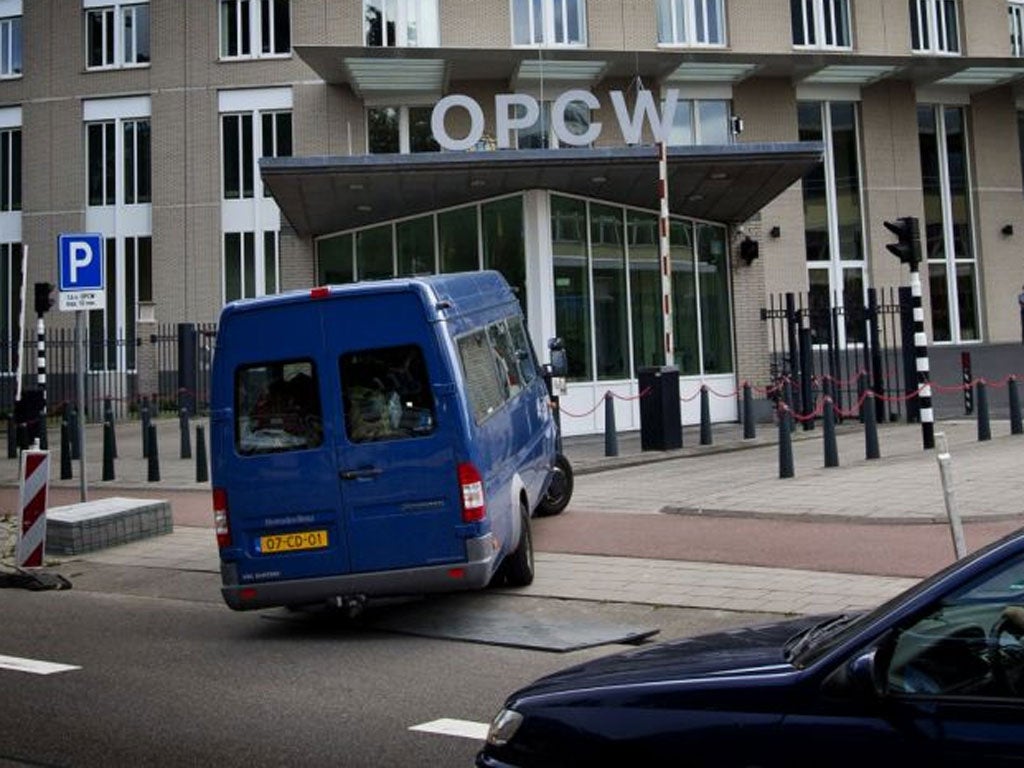Q&A: Did Cameron have all the facts? Who does the US need to back it up? And other key questions answered

Your support helps us to tell the story
From reproductive rights to climate change to Big Tech, The Independent is on the ground when the story is developing. Whether it's investigating the financials of Elon Musk's pro-Trump PAC or producing our latest documentary, 'The A Word', which shines a light on the American women fighting for reproductive rights, we know how important it is to parse out the facts from the messaging.
At such a critical moment in US history, we need reporters on the ground. Your donation allows us to keep sending journalists to speak to both sides of the story.
The Independent is trusted by Americans across the entire political spectrum. And unlike many other quality news outlets, we choose not to lock Americans out of our reporting and analysis with paywalls. We believe quality journalism should be available to everyone, paid for by those who can afford it.
Your support makes all the difference.Why didn't David Cameron tell the Commons on Thursday that more than 1,429 had died in the Ghouta attack, as John Kerry revealed on Friday?
The British assessment published on Thursday said "we judge at least 350 fatalities". It is possible that had Cameron told the Commons the higher figure, it could have swung the vote in the Government's favour. The US and the UK share all intelligence, and the PM knew there was a higher figure, but not specifically 1,429, and it had not been confirmed. Given the history of Tony Blair's dodgy dossiers, he didn't want to give an exaggerated statement in the Commons that later turned out to be incorrect.
Why is the US anxious to act in advance of the UN weapons inspectors' report?
US intelligence believes it already has solid evidence of the Assad regime's involvement in the chemical-weapons attack, and it is clear that Barack Obama does not expect the UN Security Council to assist in enforcing the "red line" he set down last year. For Obama it may now be a matter of his own political authority – to prove that what the President says gets done. It would be convenient for Obama for strikes to start before he goes to the St Petersburg G20 summit this week, but consultation with Congress gives the UN more time.
What form will the US strike take?
Military analysts warn that targeting the chemical-weapon production centres in Syria risks deadly gas leaking into heavily populated areas. More likely is a US attack on Assad's air force – targeting the delivery mechanism to prevent further WMD attacks.
Does the US need to build a military alliance?
No, the US State and Defense departments have made it clear this is not about a boots-on-the-ground invasion, it is a targeted, one-off attack that it could carry out alone. However, consulting Congress suggests that the White House believed the international diplomatic cover left after Britain's decision was not enough.
So does Washington have a replacement for British support?
It does. The French President, François Hollande, has said he
is willing to support the US, regardless of the United Nations. It's an unusual call by the socialiste President. Most French people, according to a new French poll, don't want France involved, and don't trust Hollande to play commander-in-chief.
Can we be sure that a US strike will discourage the future use of chemical weapons?
It's far too early to say. There are still many unanswered questions. Will military action be a decisive one-off lesson, as the White House intends – or will it lead to mission creep? What if civilians are killed? And how will Assad's regime – and its Russian allies – respond?
Join our commenting forum
Join thought-provoking conversations, follow other Independent readers and see their replies
Comments